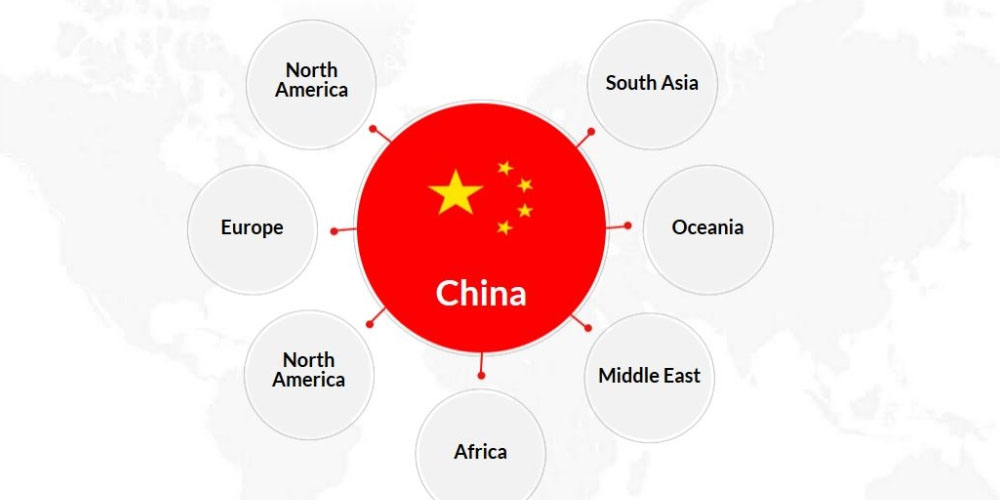A sourcing agent plays an essential role in representing individual business people or a company. They come in handy if a buyer has decided to outsource and focus more on other areas of his/her business. They are mostly found in countries with factories or industries, such as China, that produce bulk goods. An example is the China sourcing agent that helps clients buy products out of their reach without traveling to China. In this write-up, we look at the functions of a sourcing agent.
Functions of a Sourcing Agent
Most people don’t fully understand the role of sourcing agents in international trade. This agent can be an individual you can hire to work for you on a full-time basis or a sourcing company/agency consisting of a team of professional agents. There are several responsibilities that they carry out, but also, the extent they are willing to go depends on the agreement between both parties.
1. Communication
Sourcing agents facilitate clear communication between the buyer and the supplier. Remember, international trade involves dealing with foreign manufactures and cultures. The language you speak may differ, making it hard for you to complete a business transaction. An agent acts as a middle-man and translates both languages for both parties to understand. Thus, such ensures that the supplier gets precisely what the buyer wants, and the buyer understands the supplier’s terms and conditions. Lastly, sourcing agents also negotiate with the factory to get the customer’s best and affordable price.
2. Factory and Supplier Review
Considering the sourcing agents are based in your region of interest, they understand the factories and manufacturers within that country. Thus, before settling on a particular supplier, the agent looks for background information about them. It enables him/her to know whether it’s genuine and has high-quality products. Also, an agent checks if they have a good delivery history. One check of that agent pride themselves in delivering goods on time to the specified location and manufacturing the products as per customer’s needs.
3. Logistics
The agents are responsible for taking care of the logistics of your order. Such include the purchase and delivery of the goods, how they get packed, shipment and transportation, etc. Thus, they ensure products get shipped on the agreed time, and the buyer gets notified when it happens. Lastly, they should have the contacts to the company responsible for shipping, whether it by air or water, and share it with the buyer as it allows them to track their goods.
4. Problem Solving
At times problems may arise during the purchase, such as ordering a wrong part or quantity. The supplier can manufacture products of the wrong size or dimension, wrong colors, etc. The shipment might take longer than expected, and the agent should be able to solve these issues quickly. He/she must ensure the buyer doesn’t encounter any problems with the factory in the process.
Conclusion
Importing goods from overseas is easy and safe if you have a trustworthy sourcing agent; with a good work ethic to minimize any chances of risks. Therefore, you need to take your time and look at different agents to get the best one.
